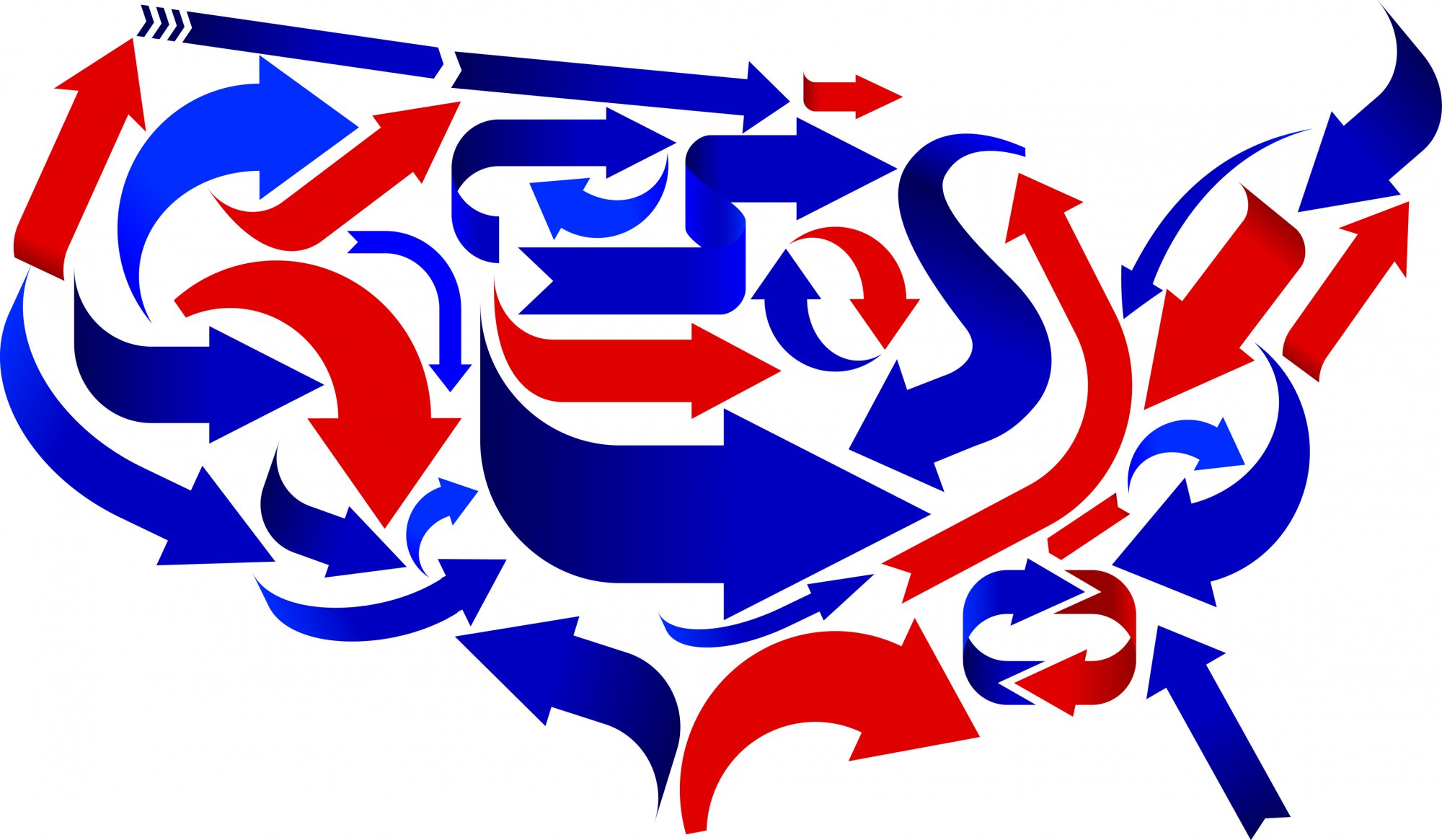Reciprocity. It makes one feel safe, like the world is a fair place. It denotes acceptance and balance, one imagines mutual exchange. What a simple word. What an engaging word. What a misunderstood word.
Ladies and Gentlemen, in the world of adjusting, reciprocity cries out to newcomers, “Come…exchange me! I will give you all the licenses in all the states!” Do not fall prey to this blanket statement. Reciprocity, while an extremely important aspect in the life of any adjuster, is not as simple as “If I hold a license in this state, then I can practice in any state.” This is the crux of all misconstruction.
Reciprocity deals in prerequisites. To illustrate, let’s look at Indiana as an example. Indiana requires both a certified pre-licensing course, as well as the completion of the state exam to obtain an adjusting license. These prerequisites are common in states from sea to shining sea. Some states may even have more prerequisites (i.e. California requires two years of adjusting experience). From this common standard, we can see a shared value across the board in terms of licensing.
If all these states require the same process, it would seem as though holding a license in one state would allow an Indiana adjuster to waltz over into Florida. This is not the case. There is a process and a degree of weight that each license carries with it. The most respected license in any state is a residential license. The career path of an adjuster ought always begin with obtaining the license of one’s home state. It has become such a rampant mythos in the adjusting world, “certain states are better than others”, that recently Texas has had to completely deny any and all applicants from outside of Texas. (This does not apply to non-licensing states, but we’ll get to that in a moment.) This is the most crucial part to understand concerning reciprocity – holding a residential license will be your greatest strength.
Reciprocity then isn’t an act itself, but rather, the principle underlying the act of applying. Holding a residential license indicates the ability to receive reciprocity. I like to call this ‘home state advantage.’ Understanding all this, let’s try to put this reciprocity principle into a single thought. Holding a residential license (home state advantage) allows an adjuster to bypass the prerequisite’s for licensing in another state, and apply directly for that state’s non-residential license. For example, if you have home state advantage in Indiana, you may apply directly for a Florida non-resident license, forgoing Florida’s license prerequisites.

Virtual Hug for Reciprocity!
If instead of reading this, you and I had the pleasure of chatting face to face, this is the part where I would grab your shoulders, make fierce eye contact, and then repeat “Reciprocity is not an entitlement! It is an avenue to bypass another state’s requirements and extend your adjusting territory!” You would look at me, eyes wide with understanding, we would laugh, cry, hug, and then leave each other content in a solid understanding of reciprocity.
For any hard and fast rule, there are always exceptions that prove the rule. There are two and only two states where we find this exception. Connecticut and Louisiana allow for a resident to obtain a license elsewhere and use that non-residential license to apply for their own states residential license.
If you live outside of the following 16 states (or D.C.), stop reading now, you know all that you need to. If you live in the following, keep reading as you and I have some further issues to discuss. If you reside in Colorado, Illinois, Iowa, Kansas, Maryland, Massachusetts, Missouri, Nebraska, New Jersey, North Dakota, South Dakota, Ohio, Pennsylvania, Tennessee, Virginia, Washington D.C., or Wisconsin, you will find yourself in a unique and advantageous position. As a resident of a non-licensing state, you are capable of gaining a license from another state, Florida and Texas, being the favorites due to ease and smoothness of process. By designating the state you become licensed in as your home state, you have gained for yourself the advantages we spoke of above.
To recap: reciprocity is the principle of bypassing prerequisite’s when applying for an adjuster’s license, these prerequisite’s are considered met when they have been completed in the home state of the applicant. We understand the principles, we understand the underlying rules, we understand exceptions. Reciprocity. What a simple word. What an engaging word. What an understood word.


